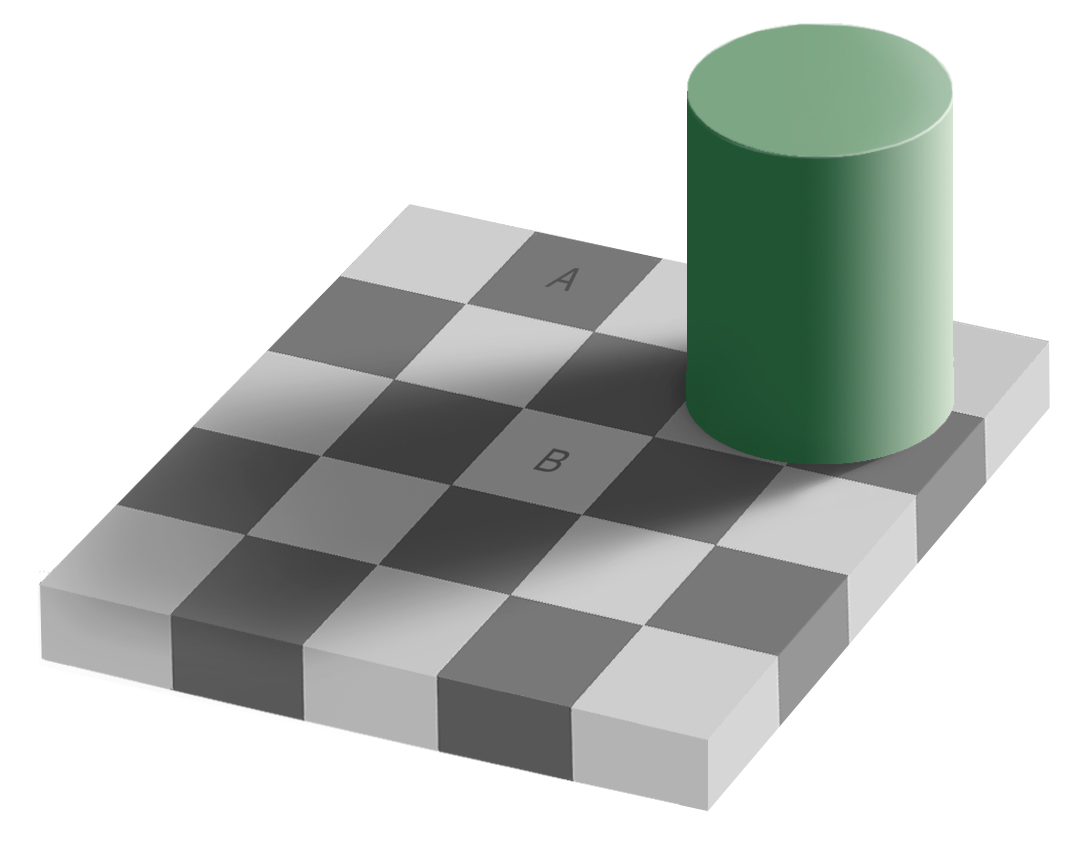Experiencing Phenomenology: Experiencing Things and Properties
It is only a slight exaggeration to say that the history of the Phenomenological tradition is a history of the various interpretations and perceived significance of the concept of intentionality. Brought to prominence by Brentano, elaborated by Husserl, employed and modified in various ways by Heidegger, Sartre, and Merleau-Ponty, intentionality …






